Despite talk about integrity, Anthony Albanese should remember he would not be Prime Minister but for the fact that, alone among comparable countries, Australia has not only one of the most perverse and complicated electoral systems, but also one more open to fraud than in any comparable country.
Yet we are already being told that the Albanese government has a mandate to move on ensuring there is provision in the Constitution for an Indigenous voice.
According to the Oxford Dictionary, a mandate means ‘‘the authority to do something, given to a government or other organisation by the people who vote for it in an election.’’
The most votes Mr Albanese can claim as Labor’s constitute only 32% of the electorate.
And if we followed the system of voting preferred by our great Anglo-American friends, voting would be voluntary, with each seat awarded to the candidate who received the highest vote.
But years ago opportunist Australian politicians whittled away at our electoral system. This was to secure a temporary advantage, preferential voting in 1918 and compulsory voting in 1924. Worse was to come when in 1983, changes were made ostensibly to make it easier to vote, but obviously to enable significantly more fraud.
As a result, we are forced to vote for people we would never have a bar of as well as those required to turn up even if they have not the slightest interest in the election resulting in a probably ill-considered vote.
If we went back to the cleaner, less complicated and easily understood first-past-the-post system, the nation would have known early in the evening of 21 May that the Coalition had been returned to Government with 77 seats.
Labor would have had 68, the Independents three, and the Greens, Centre Alliance, Katter Australia Party one seat each. Of the Independents, only one ‘Teal’ would be in Parliament, the member for Warringah.
It is likely that optional preferential voting would have delivered a not much dissimilar result, which is why it was taken away in Queensland.
As to fraud and other crimes, when I was a boy, Australians frequently left their front doors open. Not so my mother, who came from what is now Indonesia where she had learned that this was the last thing anyone should do. Today with our homes, our cars, our credit cards, and our computers, we take precautions against fraud. If we don’t, we risk being defrauded. Not so for our electoral system. There the law requires we do the equivalent of leaving our front doors open, our windows unbarred, our alarms off and our credit cards and computers unprotected.
The motto of the electoral system could well be: “Come in fraudsters.”
There has always been fraud. The point is to try to prevent it, as most comparable countries do.
When he was working at the Ironworkers Federation, the late Peter Kelly wondered why, every morning, he would find the receptionist cutting up the back page of the Sydney Morning Herald. He found out later that the cuttings were used to arrange voting in the next election in the name of the deceased!
When Joe Riordan lost the since-abolished seat of Phillip, Gough Whitlam is said to have paraphrased Lady Bracknell in Wilde’s The Importance of Being Earnest, saying, “To lose your electorate where you have only one cemetery, Comrade, may be regarded as a misfortune; to lose your electorate when you have two cemeteries looks like carelessness.”
The plain fact is that the portals for fraud were increased and more enabled in 1983, all under the cover of ‘making it easier to vote.’ But no one seems to have complained about it being difficult to vote.
John Howard’s 2006 closure of one significant such portal, the tsunami of unchecked enrolments which are made in the week following the calling of the election was overthrown by the High Court in the 2010 GetUp! Case, one of its worse decisions.
This to a hung parliament rather than a likely Abbott victory. GetUp! even boasted that as a result an extra 100,000 additional voters were enrolled. It is ridiculously easy to enrol, much easier than picking up a registered parcel from the post office. One report said there were 700,000 enrolments in the week after the calling of the 2022 election, none checked.










